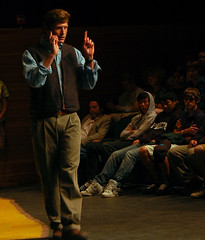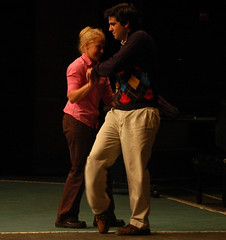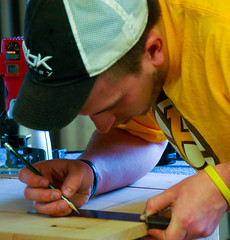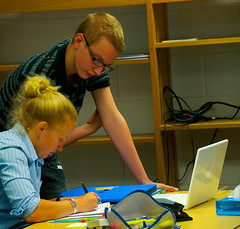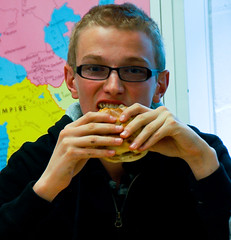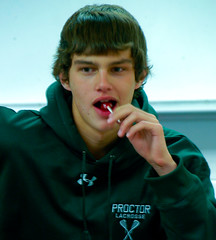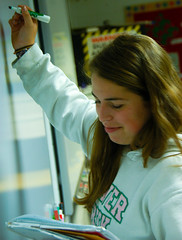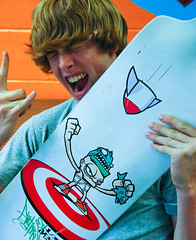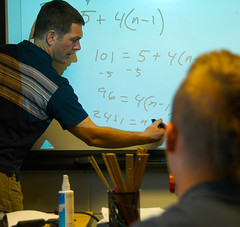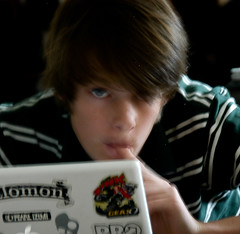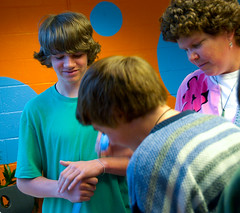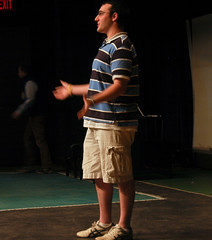A guy named J.D. Meier has gone to the bother of creating a succinct compilation of the work of "Idea Merchant"
Seth Godin, whom you probably know I admire. Godin has a zen-like simplicity to his logic regarding human potential and productivity, and Meier's
Lessons Learned...is a treasure trove, with insights including this: "Being the best in the world is seriously underrated."

This morning I was chatting with a student who was fashioning jar lids on a ceramics wheel, when he announced his goal of being knighted. It's a nice goal, of course, but I asked what strategies he had to qualify--if that's what you do--for knighthood. He wasn't sure about this matter, but was certain that he'd like to be known someday as Sir Matthew.
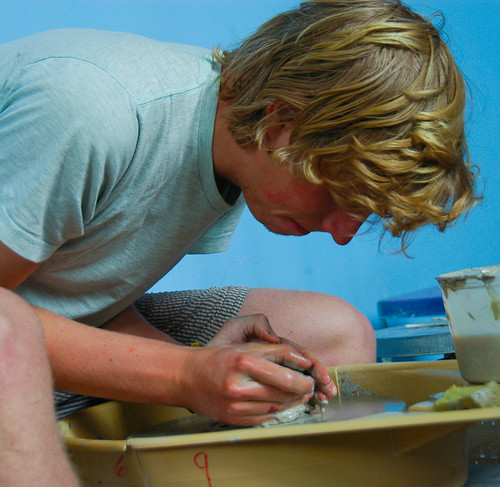
As far as I can tell, he has several avenues. What you need to do, as Paul McCartney demonstrated, is to change the world through unique accomplishment. For Matt, I suppose, the dilemma is whether to be knighted for ceramics, boat-building, acting (he has the lead role in the spring musical) or one of his other emerging talents. This led to a discussion of singular expertise (Picasso) versus those geniuses who stand apart by being the best at something that is the focal point of two skills (the Smothers Brothers, Judge Judy, etc.).
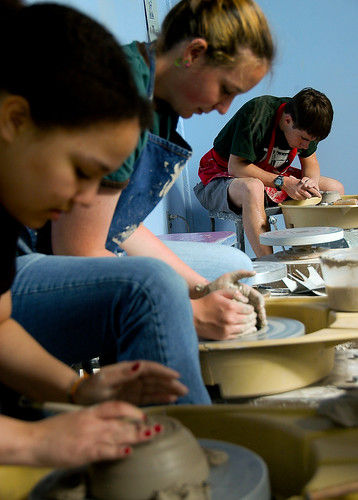
The latter strategy--defining a category in which you are Number 1 by blending unique skills (eg: fluency in Spanish, stage tech and surveying)--is attainable to most due to the multiplicity of skills ultimately involved.
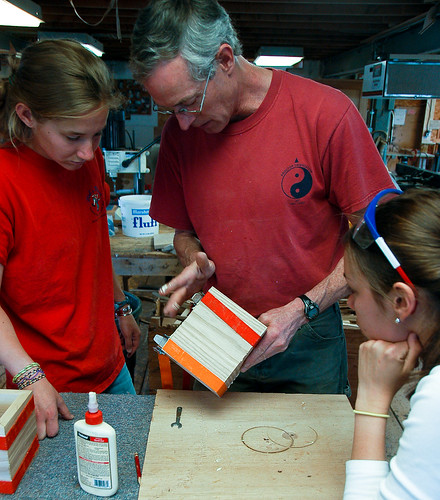
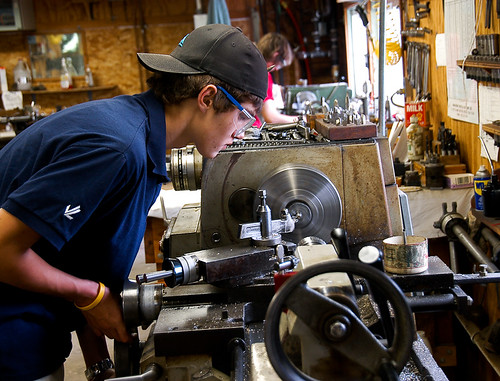
So we're talking about expertise and the various tangents students might take to gain.....knighthood, or whatever. At Proctor reunions, I meet up with students who graduated five, fifteen and thirty years ago whose careers turned in miraculous ways...building upon new interests and opportunities. Sam, below is building this remarkable hydroplane.
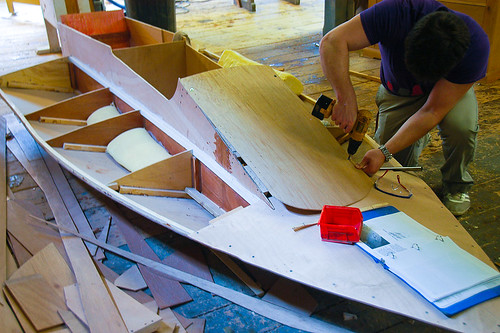
Meier quotes Godin: "The thing that makes something remarkable isn't usually the original purpose. It's the FREE PRIZE INSIDE, the service that makes people talk about it and spread the word." To me, he's talking about the intangibles at Proctor, such as the informality of faculty-student relationships.
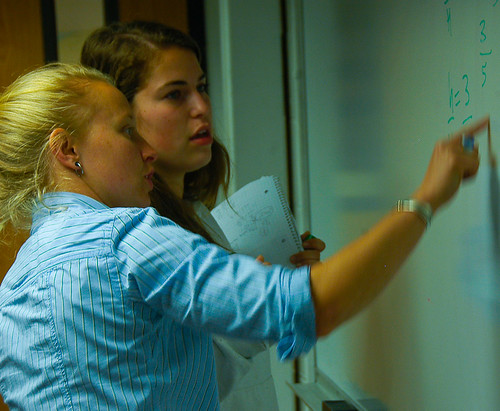
I first met Brian Perry on the sidelines of a football game at Holderness. He was a new sophomore, and he was videotaping plays on his own camera. Brian's passion for videography received an ovation last Friday when he introduced this extraordinarily successful promotional documentary, entitled
Live Proctor.


















